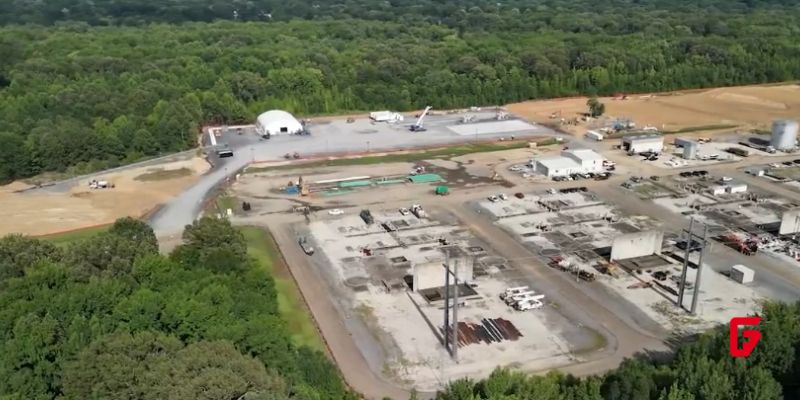A Strategic Move for Power Hungry AI
Elon Musk’s startup xAI is making waves in the Mid-South, acquiring a former Duke Energy natural gas plant in Southaven, Mississippi, just a mile outside Memphis. This bold purchase is positioning xAI at the center of the region’s tech infrastructure race as the company ramps up efforts to build some of the world’s most advanced artificial intelligence supercomputers.
What makes this deal remarkable is the existing natural gas infrastructure on the 114-acre Southaven site. With the facility reportedly set to house a state-of-the-art Compressed NatGas power plant, xAI is doubling down on local energy production to support its expanding Memphis data centers. Musk himself confirmed earlier in July that xAI would import a complete power station from overseas, citing “they couldn’t get a new one [built] in time” for the scale of compute needed.
This is no small ambition: xAI’s Memphis operations—led by the Colossus supercomputer—are targeting one million GPUs, demanding up to 2 gigawatts of power. The Southaven site sits just a mile from xAI’s data center project at 5420 Tulane Road in Memphis, streamlining energy delivery to these compute-intense facilities.
Construction in Full Swing
If you’ve driven by the former Southaven plant recently, you’ve noticed the change. xAI-branded security and Tesla Cybertrucks are a constant presence. Contractors and workers have been steadily retrofitting the facility, while xAI reportedly employs over 1,200 people on construction alone. Once online, these operations could bring between 200 and 400 permanent new tech jobs to the region.
Community Reaction and Environmental Debate
The expansion isn’t without controversy. xAI’s reliance on natural gas turbines has drawn scrutiny from environmental groups and local residents, citing worries about increased emissions and public health. The Shelby County Health Department granted an air permit for 15 methane gas turbines for xAI’s Memphis site, but satellite imagery from July 2025 showed at least 24 turbines still on location—more than the permitted amount. Locals have raised concerns, reporting increased odors and air quality issues since the turbines went online.
Critics argue that emissions from the facility, which include smog-forming chemicals and formaldehyde, could exacerbate already elevated asthma and health risks in South Memphis neighborhoods. Legal appeals and public protests are ongoing, with the NAACP and Southern Environmental Law Center leading a challenge to the company’s air permits as of July 2025.
A Multipronged Infrastructure Play
Beyond power, xAI is making Memphis its AI infrastructure capital. In a parallel project, the company is pursuing a water recycling plant to cool its supercomputers with treated wastewater, a move expected to cost $80 million and repurpose industrial byproducts for data center cooling. The city council has already preliminarily approved land sales to facilitate this ambitious project.
What’s Next for AI in the Mid-South?
All eyes are on Memphis and Southaven as xAI pushes the boundaries of AI computing capacity. The region is quickly emerging as a critical hub for artificial intelligence and high-performance energy infrastructure in the US. While the environmental and community impact debates are far from settled, one thing is clear: The race to power tomorrow’s AI is reshaping the local landscape, both literally and figuratively.
xAI’s aggressive expansion, strategic use of natural gas infrastructure, and local controversy are setting the stage for Memphis to become a national leader in tech-powered economic development—and a hotbed for debates on sustainable innovation.














